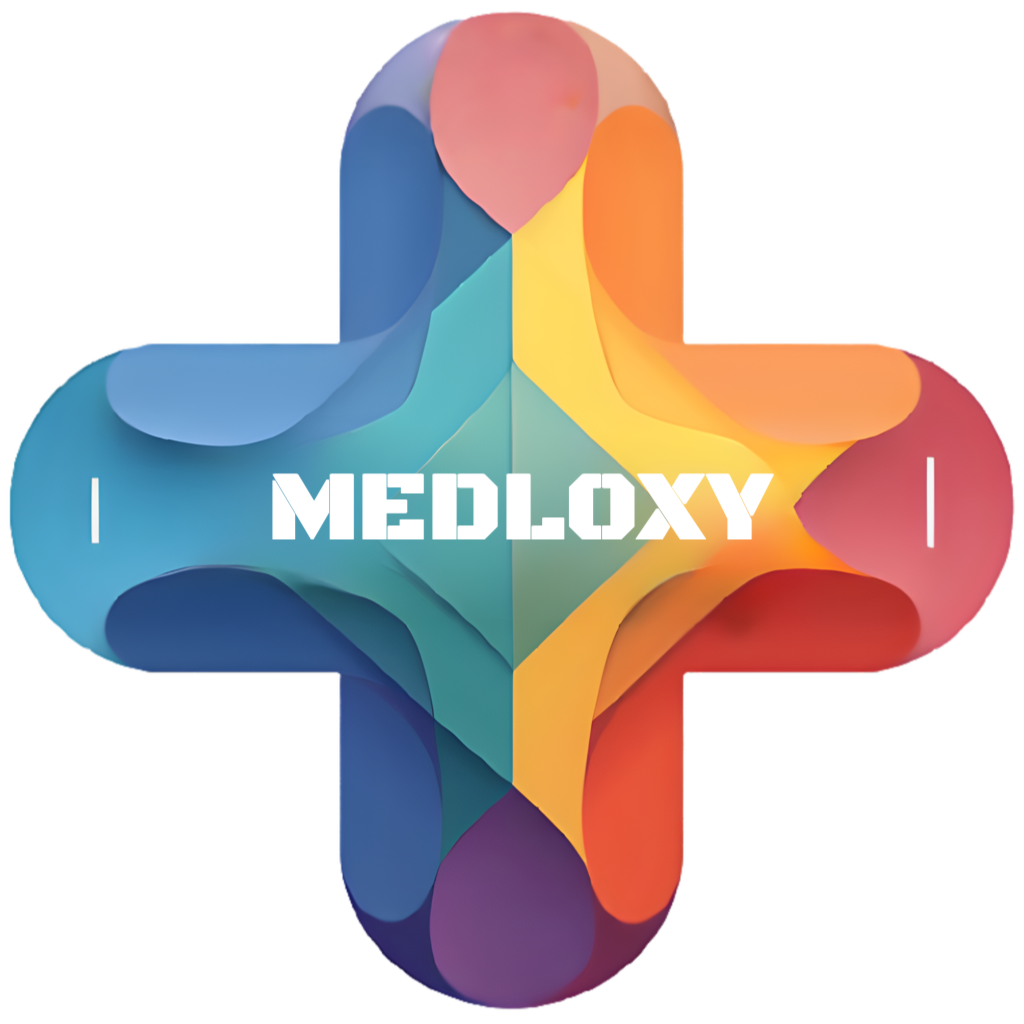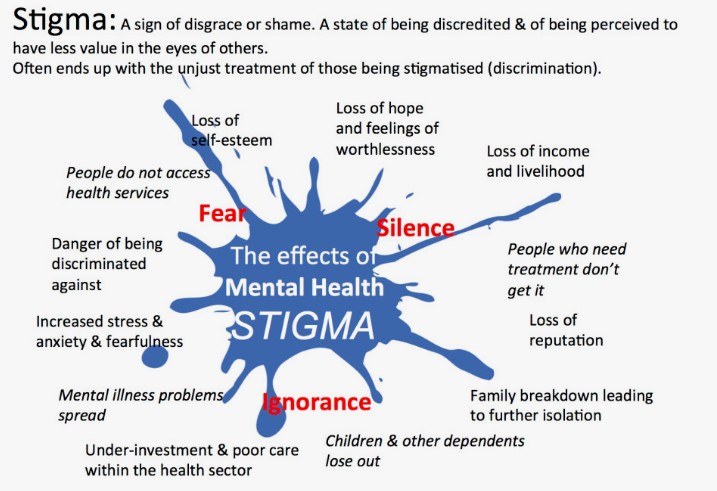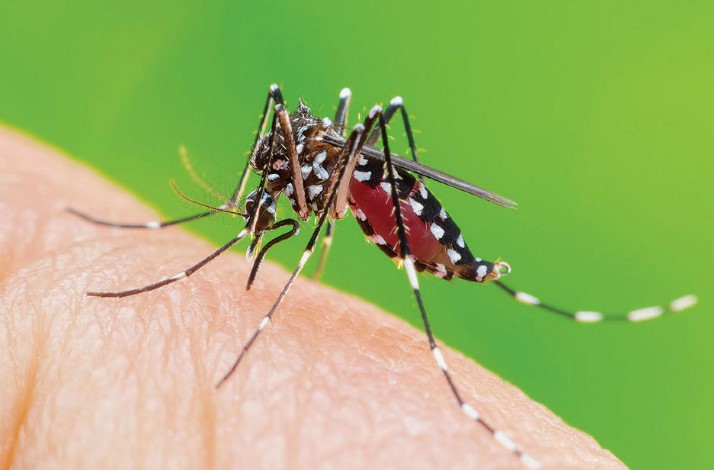Rediscovering Nature’s Wisdom for Mental Health
In our modern world of constant stimulation and pressure, mental health challenges have reached epidemic proportions. Nearly 1 in 5 adults experience mental illness each year, with anxiety disorders being the most common. While pharmaceutical interventions have their place, an increasing number of people are turning to time-tested herbal remedies that offer gentler solutions with fewer side effects.
This comprehensive guide explores the science and tradition behind using plants for mental wellness. You’ll discover:
- The most effective herbs for anxiety, depression, and stress
- How these plants work on your brain chemistry
- Simple preparations you can make at home
- Safety considerations and potential interactions
- How to integrate herbal remedies into a holistic wellness plan
Whether you’re looking for natural alternatives or complementary approaches to conventional treatment, this guide will help you harness nature’s pharmacy for better mental health.
Understanding How Herbs Support Mental Wellness
The Science Behind Plant Medicine
Plants contain hundreds of bioactive compounds that interact with our neurotransmitter systems in precise ways. Unlike pharmaceutical drugs that typically target single pathways, herbs work holistically, influencing multiple systems simultaneously.
Key mechanisms include:
- Neurotransmitter Modulation
- Increasing GABA (calming neurotransmitter)
- Balancing serotonin (mood regulation)
- Regulating dopamine (pleasure/reward system)
- Stress Response Regulation
- Lowering cortisol levels
- Supporting adrenal function
- Enhancing stress resilience
- Neuroprotective Effects
- Reducing inflammation in the brain
- Protecting against oxidative stress
- Supporting neuron growth and connectivity
Traditional Wisdom Meets Modern Research
Ancient healing systems like Ayurveda and Traditional Chinese Medicine have used herbs for mental health for millennia. Modern science is now validating many of these traditional uses:
- A 2023 meta-analysis of 45 clinical trials found strong evidence for ashwagandha’s anti-anxiety effects
- NIH-funded research confirms chamomile’s effectiveness comparable to common anti-anxiety medications
- Multiple studies show saffron’s antidepressant effects rivaling Prozac for mild-to-moderate depression
Comprehensive Guide to Key Herbs for Mental Health
1. Adaptogens: Nature’s Stress Shields
Adaptogens help the body adapt to stress and maintain balance. They work by
- Regulating the HPA axis (hypothalamic-pituitary-adrenal)
- Protecting against stress-induced damage
- Enhancing energy and mental clarity
Top Adaptogenic Herbs:
Ashwagandha (Withania somnifera)
- Reduces cortisol by up to 30%
- Improves stress resilience
- Typical dose: 300-600 mg daily
Rhodiola (Rhodiola rosea)
- Combats fatigue and burnout
- Enhances cognitive function
- Best taken in the morning
Holy Basil (Ocimum sanctum)
- Lowers anxiety and inflammation
- Supports adrenal function
- Delicious as a tea
2. Nervines: Calming the Overactive Mind
Nervine herbs specifically nourish and calm the nervous system. They’re excellent for:
- Anxiety disorders
- Sleep difficulties
- Nervous tension
Most Effective Nervines:
Passionflower (Passiflora incarnata)
- Increases GABA activity
- Reduces racing thoughts
- Safe for long-term use
Lemon Balm (Melissa officinalis)
- Boosts mood and focus
- Reduces restlessness
- Combines well with other herbs
Skullcap (Scutellaria lateriflora)
- Calms nervous irritability
- Helps with stress-induced tension
- Available as tincture or tea
3. Mood-Enhancing Herbs
These plants help alleviate depression and elevate mood through various mechanisms:
St. John’s Wort (Hypericum perforatum)
- Works similarly to SSRIs
- Effective for mild-moderate depression
- Important medication interactions
Saffron (Crocus sativus)
- Acts as natural serotonin reuptake inhibitor
- Fast-acting (effects in 1-2 weeks)
- Expensive but potent
Mimosa (Albizia julibrissin)
- Used in Traditional Chinese Medicine
- Gentle uplifting effect
- Beautiful as a floral tea

Practical Applications: Using Herbs in Daily Life
Herbal Preparations 101
Different preparations offer unique benefits:
Teas and Infusions
- Best for daily maintenance
- Gentle but cumulative effects
- Ideal herbs: chamomile, lemon balm, holy basil
Tinctures and Extracts
- More concentrated
- Faster acting
- Good for acute symptoms
Capsules and Powders
- Convenient for busy lifestyles
- Standardized doses
- Best for adaptogens like ashwagandha
Sample Daily Routine
Morning:
- Rhodiola or ginseng tea for energy
- Ashwagandha capsule with breakfast
Afternoon:
- Lemon balm infusion to combat stress
- Short walk in nature
Evening:
- Passionflower and chamomile tea
- Lavender essential oil diffusion
- Valerian tincture if sleep is difficult
Safety Considerations and Potential Interactions
While herbs are generally safe, important precautions include:
- Medication Interactions
- St. John’s Wort affects many pharmaceuticals
- Valerian may potentiate sedatives
- Always consult your healthcare provider
- Pregnancy and Breastfeeding
- Many herbs are contraindicated
- Safe options include chamomile, ginger,
- Proper Dosing
- More isn’t always better
- Start low and go slow
- Follow reputable guidelines
- Quality Matters
- Choose organic when possible
- Look for third-party testing
- Store properly to maintain potency
Integrating Herbalism with Other Wellness Practices
For optimal mental health, combine herbal remedies with
Nutrition:
- Omega-3-rich foods for brain health
- Probiotic foods for gut-brain connection
- Blood sugar balancing diet
Movement:
- Yoga for stress reduction
- Walking in nature
- Tai Chi or Qigong
Mindfulness:
- Meditation practices
- Breathwork techniques
- Journaling for emotional processing
Creating Your Personalized Herbal Toolkit
Building an effective herbal regimen requires self-awareness and patience. Consider:
- Identifying Your Primary Concerns
- Is it anxiety? Low mood? Sleep?
- Choose herbs that target your specific needs
- Tracking Your Response
- Keep a simple journal
- Note subtle changes over weeks
- Adjust as needed
- Working with Professionals
- Consult a qualified herbalist
- Inform your doctor about herbal use
- Consider integrative practitioners
The Future of Herbal Mental Health Care
Exciting developments in research include
- Standardized herbal formulations for specific conditions
- Combination therapies with conventional treatments
- Personalized herbal protocols based on genetic testing
As interest grows, we’re seeing more evidence-based integration of traditional plant wisdom with modern psychiatry.
Conclusion: Embracing Nature’s Healing Wisdom
Herbal medicine offers a gentle yet powerful approach to mental wellness that honors the body’s innate healing intelligence. By learning to work with these plant allies, we can:
- Reduce reliance on harsh pharmaceuticals
- Develop greater resilience to stress
- Cultivate deeper mind-body awareness
- Participate actively in our healing journey
Remember that herbalism is both an art and science—be patient as you discover which plants work best for your unique constitution. Start slowly, observe carefully, and don’t hesitate to seek guidance from experienced practitioners.
May this guide serve as your roadmap to greater peace, balance, and vitality through the wise use of nature’s gifts. Your journey to natural mental wellness begins today. Also Read>>>>









[…] Herbalism for Mental Wellness: Natural Remedies for Stress, Anxiety, and Emotional Balance […]